Taxing personal income from real estate transfers based on ownership period to avoid speculation like some countries is a must. However, is there any concern that calculating tax on the selling price could cause house prices to increase?
Does it increase real estate prices?
As reported by VietNamNet , the Ministry of Finance has just submitted a document to the Government proposing to develop a draft Law on Personal Income Tax (replacement), which includes content on tax rates for income from real estate transfers.
Currently, the personal income tax (PIT) policy in Vietnam does not differentiate according to the transferor's real estate holding period. Taxable income from buying and selling houses and land is determined at a tax rate of 2% based on the transfer price.
In a recent submission, the Ministry of Finance proposed that it might be possible to collect personal income tax from real estate transfers based on the holding period like some countries.
The Ministry also proposed to study and adjust the progressive tax schedule applied to resident individuals with income from salaries and wages to suit changes in income and macroeconomic indicators in the recent period and review and adjust tax rates in the full tax schedule corresponding to the revised contents on income from capital transfer and real estate transfer.
Discussing this issue, a leader of a real estate company said that currently, taxable income from real estate transfers is determined as the transfer price each time, the applicable tax rate is 2%. Therefore, the taxation of real estate based on ownership period needs to be carefully studied to avoid double taxation.
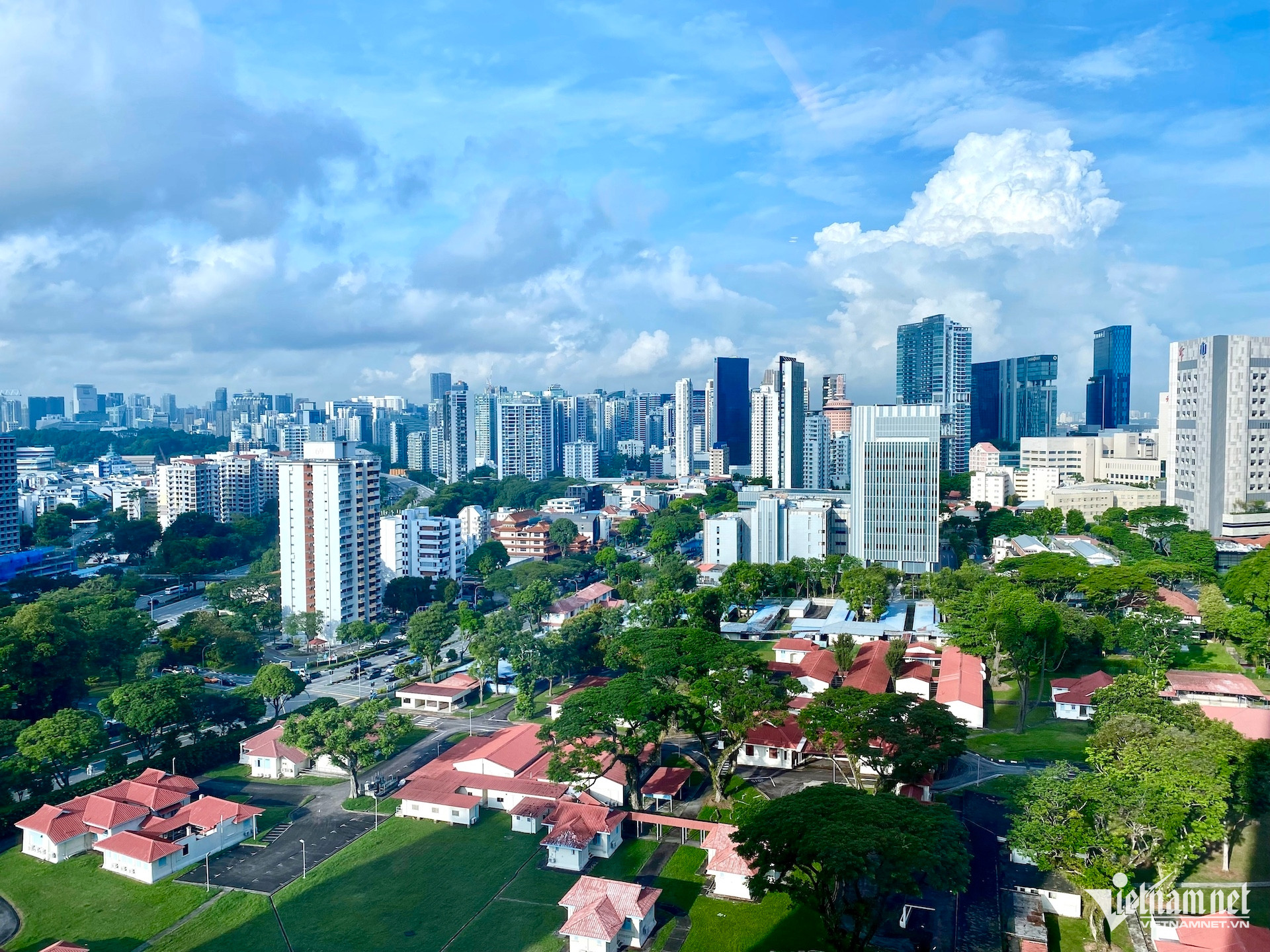
“In fact, due to the lack of supply, real estate prices in big cities like Hanoi and Ho Chi Minh City are very high. Many measures have been proposed to cool down housing prices, including proposals to tax second homes, people with multiple homes, and personal income tax from real estate transfers. However, the phenomenon of housing shortage and “price fever” is not a common situation across the country but only occurs in big cities. We should not look at a few phenomena or localities and talk about the whole market.
This person believes that the proposed tax could cause investors to calculate it into the selling price, causing house prices to increase.
"Stop" speculation and surfing
However, economic expert Associate Professor Dr. Dinh Trong Thinh agrees with the proposal of the Ministry of Finance to tax real estate based on the holding period.
"This is a must to avoid speculation and make the real estate market develop healthily," the expert said.
In response to concerns that the tax could increase real estate prices when investors factor it into the selling price, Mr. Thinh said that currently, when supply is low and demand is too high, the market "power" is in the hands of sellers, and whether to add or reduce it can largely be decided by the seller. However, when supply and demand improve, the tax will reduce speculation, making the market healthier.
“I agree with the need to impose higher taxes on short-term transfers of houses and land. That is something that must be done. As for how to impose taxes, the law-making process will have more specific calculations. It is possible to calculate the option of buying and selling within the year, then the tax should be high, the later the lower, after 5 years, the tax can be very low or no tax…”, Mr. Thinh expressed his opinion.
Also agreeing with the proposal of the Ministry of Finance, however, Mr. Nguyen The Diep, Vice President of Hanoi Real Estate Club, said that the implementation time needs to be considered.
“Imposing progressive taxation on real estate transactions under personal income tax is a necessary thing to do. However, in the current period when the market is still facing many difficulties, the proposal may create a psychological effect. Therefore, there needs to be a specific phase and roadmap,” said Mr. Diep.
According to Mr. Diep, the roadmap may be set at a suitable level in the next 2-3 years. Then in the next 5-7-10 years, it will change to another level step by step. Initially, the tax rate will be low and then gradually increased when the market is stable and there is complete land data.
Several countries around the world have used tax tools to increase the cost of speculative behavior and reduce the attractiveness of real estate speculation in the economy, including personal income tax.
In addition, some countries also apply taxes on profits from real estate transactions in accordance with the frequency of transactions and the time of purchase and resale. If this time occurs quickly, the tax rate is higher, if it occurs more slowly, the tax rate is lower.
As in Singapore, land bought and sold in the first year is taxed 100% on the difference in value. After 2 years, the tax rate is 50%; after 3 years, it is 25%.
In Taiwan (China), real estate transactions conducted within the first 2 years after purchase apply a tax rate of 45%; conducted within 2-5 years the tax rate is 35%; within 5-10 years the tax rate is 20% and conducted after 10 years the tax rate is 15%.
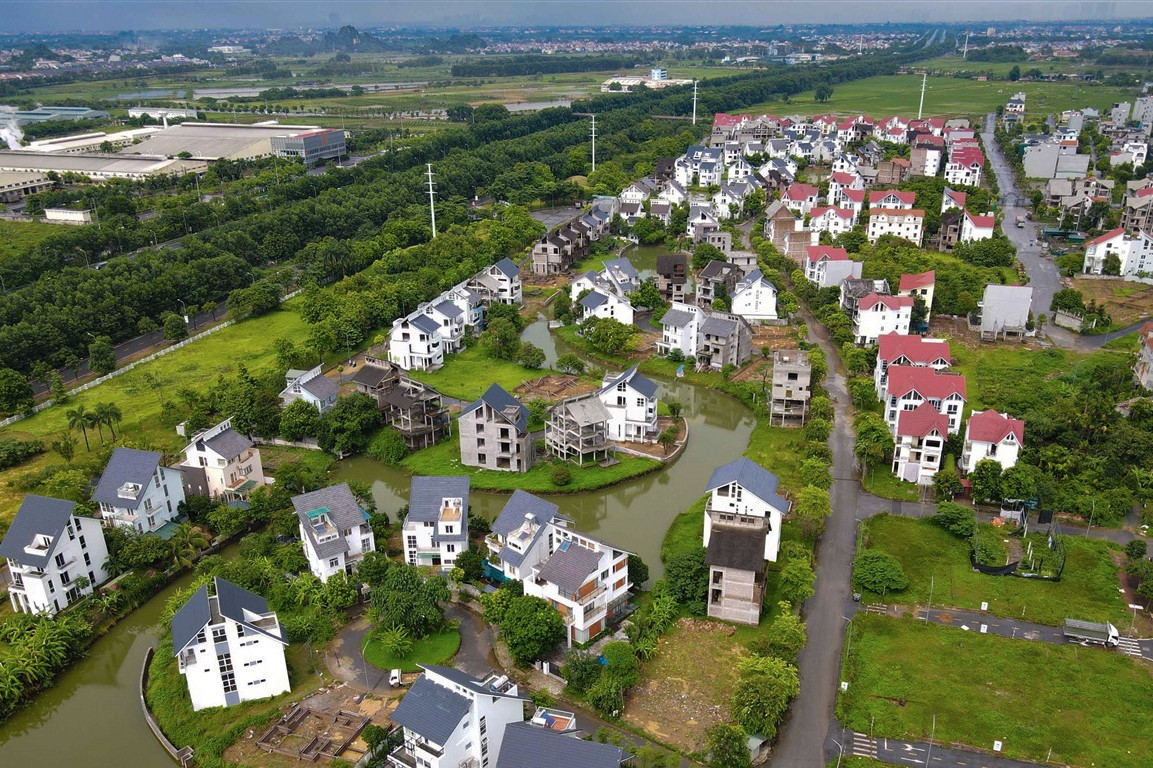
Source: https://vietnamnet.vn/danh-thue-cao-nguoi-luot-song-nha-dat-chan-dung-duoc-nan-dau-co-2346287.html



![[Photo] General Secretary To Lam attends the 80th Anniversary of the Cultural Sector's Traditional Day](https://vstatic.vietnam.vn/vietnam/resource/IMAGE/2025/8/23/7a88e6b58502490aa153adf8f0eec2b2)



![[Photo] Prime Minister Pham Minh Chinh chairs the meeting of the Government Party Committee Standing Committee](https://vstatic.vietnam.vn/vietnam/resource/IMAGE/2025/8/23/8e94aa3d26424d1ab1528c3e4bbacc45)

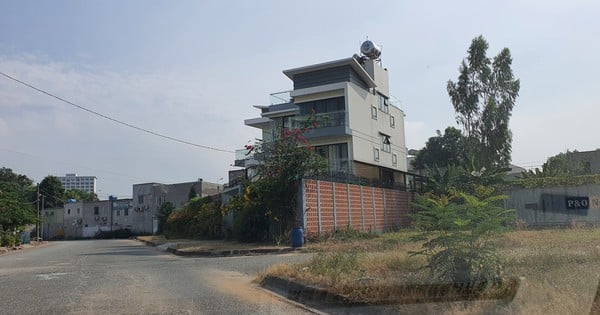

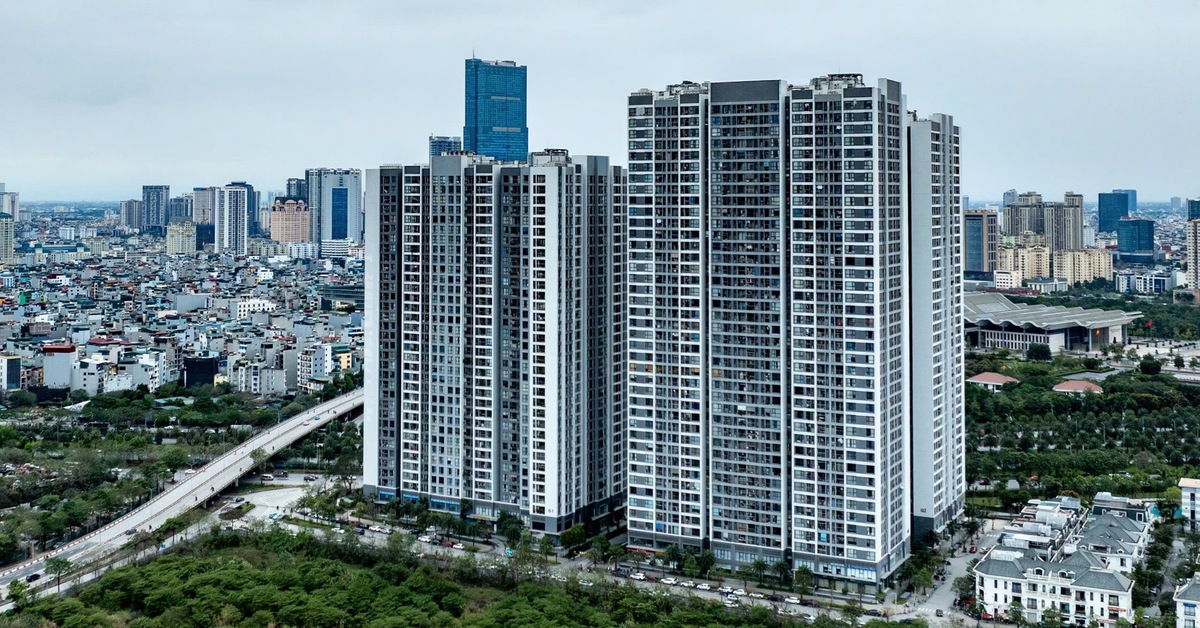


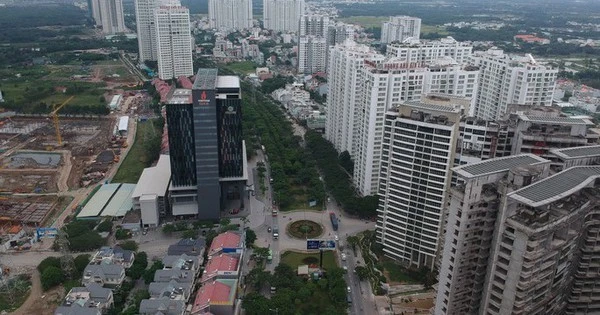

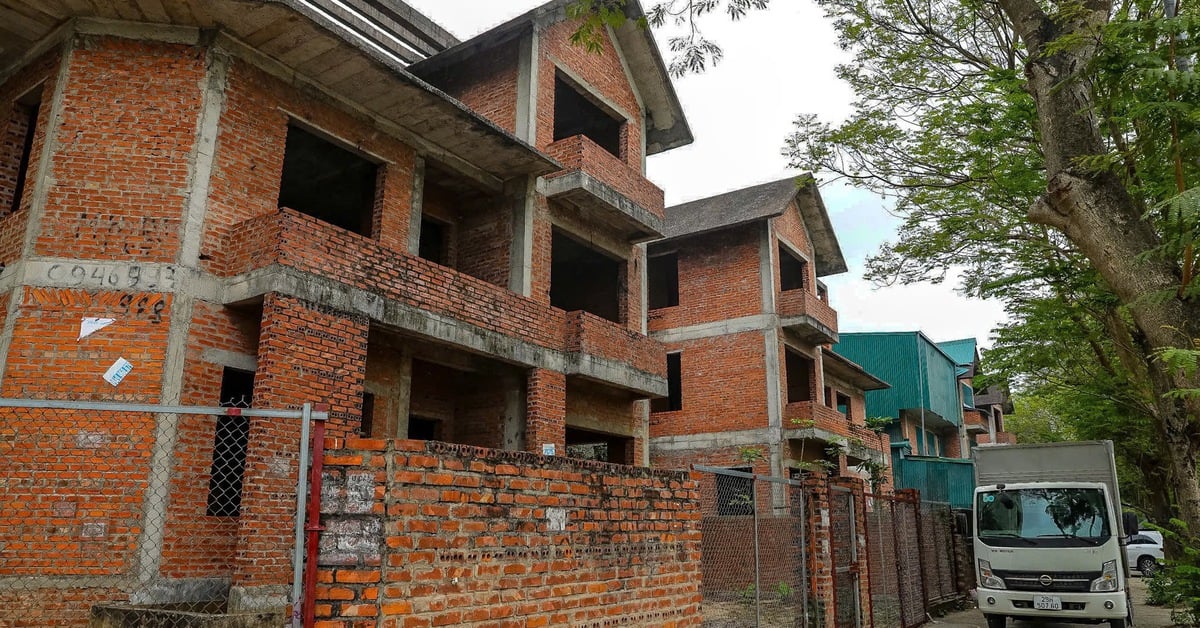





















































































Comment (0)